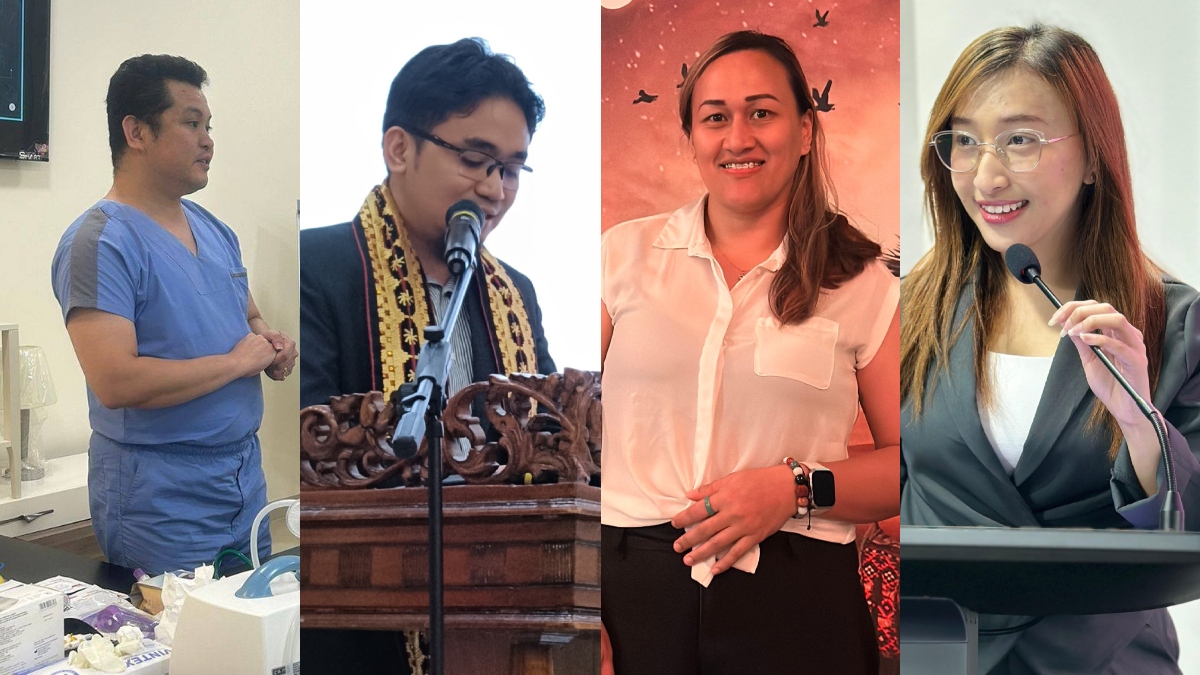Across the corridors of hospitals, classrooms, and training halls in Qatar and beyond, Filipino nurses continue to redefine what it means to lead, teach, and care. At the heart of this transformation is Dr. Abdulkarim Agga, RN—Head of Education and Training at a private healthcare institution in Qatar—whose journey from being an ICU nurse in the Philippines to a nursing education leader in the Gulf exemplifies the Filipino nursing spirit of resilience, compassion, and purpose.
“It all started when I found myself naturally guiding new nurses in the ICU,” Dr. Agga shared. “I realized I could make a difference—one nurse at a time. Now, every Prometric review session or CPD training I lead is a reminder that education is not just about knowledge; it’s about building confidence, compassion, and excellence in care.”
That caring spirit is not incidental; it is rooted in his Filipino heritage.
“Growing up as a probinsyano Moro, surviving nursing in the Philippines taught me the value of compassion and humility. It taught me resilience in whatever scenario I face,” he said. “These values are not just clinical competencies; they’re deeply cultural. I bring them into every classroom and mentorship session. As Filipino nurse educators, we create learning environments that are warm, respectful, and empowering.”
Dr. Agga’s future vision is both practical and ambitious: a region-wide, caring-based Filipino nurse education network.
“Filipinos are globally recognized for our innate caring nature,” he said. “That can serve as the foundation for a culturally rooted yet globally relevant model of nursing leadership.”
He envisions stronger collaboration among Filipino nurse educators across the Middle East, creating a pipeline of nurse leaders who can shape policy, innovate curricula, and strengthen the voice of Filipino nurses in global conversations.
Nurse educator Nada Sattar, MN, echoes this shared sense of purpose.
“I came to Qatar to make a meaningful impact—not just for Filipinos but for all nurses who want to raise standards and grow into caring leaders,” she said.
Her commitment is mirrored by many others who see the Middle East not just as a job destination, but as a platform for transformation.
That sense of transformation is personal for Irene Intog, RN, who began her journey in Qatar as a caregiver.
“Through the support of my fellow Filipinos and guidance from the Filipino Nurses Association Qatar, I passed the Philippine Licensure Exam right here,” she shared. “The Bayanihan spirit I experienced changed everything. I felt seen, supported, and uplifted.”
That ethos of community lifting community is central to the Filipino experience abroad. Whether organizing education sessions or mentoring newly arrived nurses, Filipino professionals are quietly and consistently building an ecosystem of mutual support.
“Being involved in our team’s educational activities deepened my passion and confidence,” Irene added. “I’m proud to be part of a community that values learning, service, and compassion.”
Edison Gabin, MN, offers a stirring message for those just beginning their journey:
“Our true strength lies not just in our skills, but in the heart we bring into everything we do.”
He encourages aspiring Filipino nurses to embrace the challenges of working internationally while never forgetting their roots.
“Take every opportunity to grow. Stay curious. Speak up. You’re not just representing yourself—you carry your family, mentors, and country with every step you take.”
Edison’s words reflect a common truth: Filipino nurses go global but stay grounded. In the Middle East, they are not only filling workforce gaps but also driving change—raising the bar on patient care, championing continuing education, and advocating for culturally responsive practices.
As Dr. Agga notes:
“Leadership isn’t about hierarchy. It’s about heart, collaboration, and the courage to bring people together around a shared purpose.”
For Filipino nurses in the Middle East, that purpose is clear: to care, to teach, to lead—and to do so with unwavering compassion.
As the region continues to welcome more Filipino healthcare professionals, the promise of a more inclusive, values-driven approach to nursing grows stronger. Whether in Doha, Dubai, Riyadh, or beyond, the Filipino nurse remains not only a skilled clinician but also a catalyst for transformation—one whose presence uplifts the entire healthcare system.
Their stories, like Dr. Agga’s, remind us that leadership can begin in the clinical area, take root in mentorship, and flourish into a movement—grounded in community, powered by education, and led by the heart.






